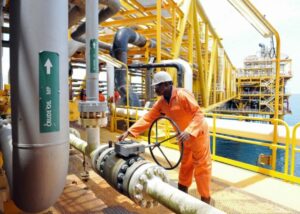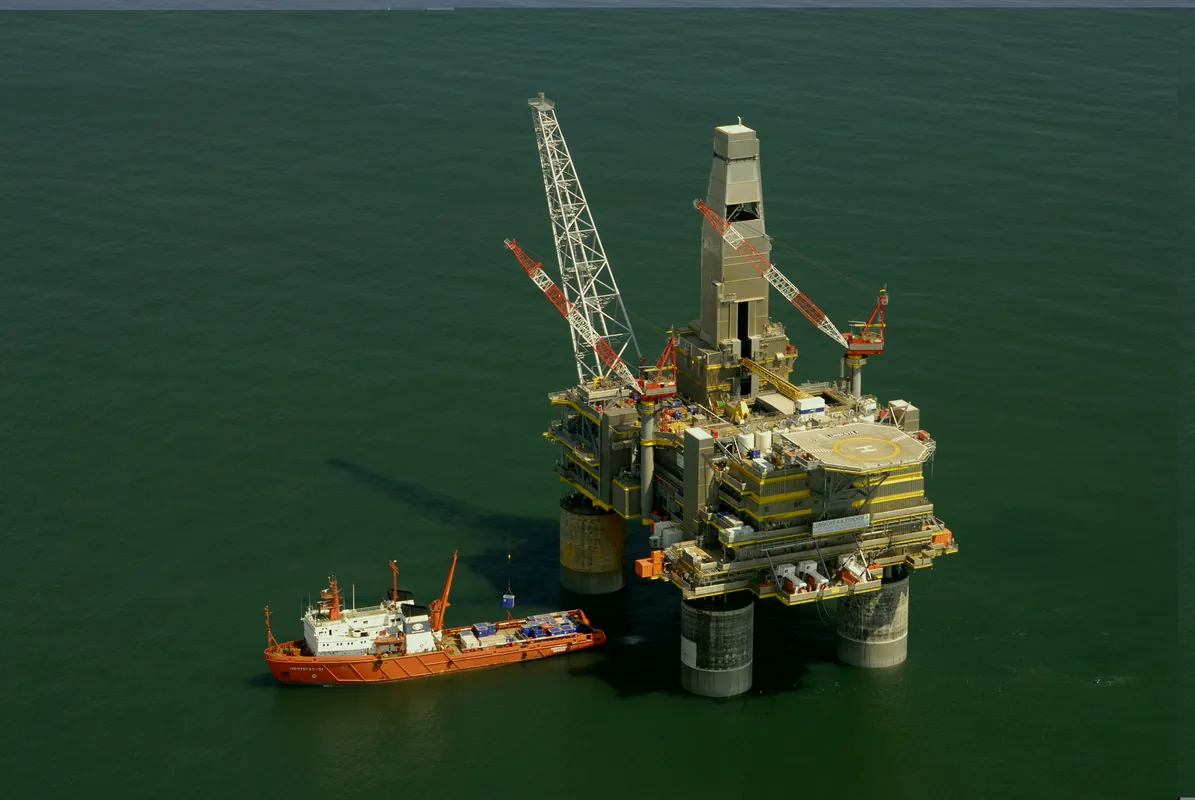Nigeria’s upstream oil sector is showing strong signs of recovery, with a 66 per cent surge in active oil rigs reflecting renewed investor confidence and the impact of sweeping reforms aimed at revitalising production.
According to OPEC data, the country operated 15 rigs in August 2025, up from 9 in May — the second-highest count this year. This rebound follows months of steady improvement after activity bottomed out in May, when insecurity and cost pressures curbed drilling. The uptick suggests a turnaround in exploration and development momentum as producers respond to a more attractive policy environment.
At the heart of this resurgence is President Bola Tinubu’s Upstream Petroleum Operations Cost Efficiency Incentives Order (2025), signed in May. The executive order introduces performance-based tax incentives to reward operators who achieve verifiable cost savings against annual benchmarks set by the Nigerian Upstream Petroleum Regulatory Commission. The initiative builds on 2024’s reform package, which improved fiscal terms, streamlined project approvals, and strengthened local content rules.
“These incentives are a signal to the world that Nigeria is building an oil and gas sector that is efficient, competitive, and works for all Nigerians,” Tinubu said. Analysts view the order as a key driver in attracting new capital and technology to meet national output targets.
The impact is already visible: crude production rose to 1.505 million barrels per day (bpd) in June, up 3.6 per cent from May, enabling Nigeria to meet its OPEC quota for the second time this year. Sustained progress could help stabilise oil revenues and strengthen the country’s foreign exchange position.
Looking ahead, the Nigerian National Petroleum Company Limited (NNPCL) plans to lobby OPEC for a 25 per cent quota increase by 2027, citing rising domestic refining capacity led by the 650,000 bpd Dangote refinery and several modular projects nearing completion.
After years of declining output caused by oil theft, pipeline vandalism, and regulatory uncertainty, Nigeria’s upstream revival — underpinned by higher rig counts and improved governance — signals that the country’s long-awaited production rebound may finally be taking hold.





